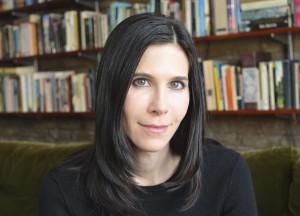Words of the Week
“Bernie Sanders’ campaign has illuminated the new rules that govern Jewish participation on the progressive left. One cannot simply be a Jew: One must be a Jew who loudly and proudly declaims his distance from Israel and the American Jewish ‘establishment’ at every possible opportunity. And unlike every other member of the progressive coalition, Judaism and Jewish peoplehood must only be expressed through a universalist vision of ‘social justice’ that emphatically proclaims that Jewish causes and rights are no more (or usually less) worthy than those of Black Lives Matter, the Palestinians, La Raza, etc., and which sees this self-abnegation as the price of entry—for Jews alone.”
Source: Jamie Kirchick, “Bernie Sanders’ Jewish Problem, And Ours” (Tablet)
